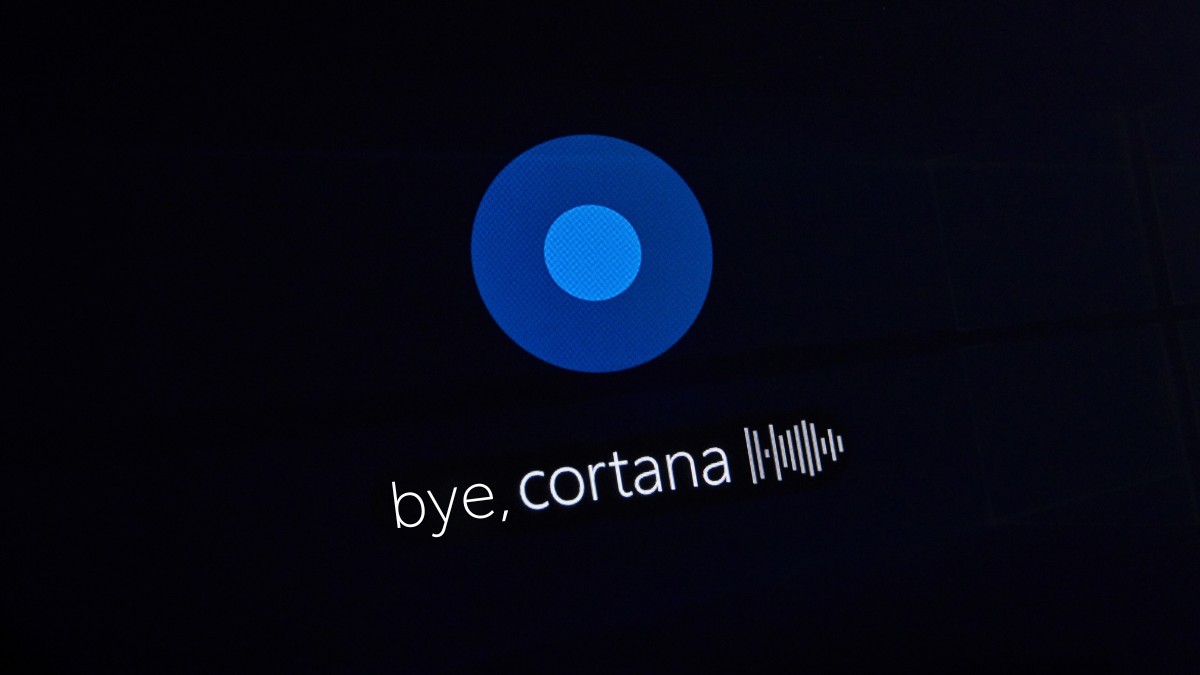In this article, we’ll look at the reasons behind the significant shift in Microsoft’s strategy, as the tech giant prepares to end support for its pioneering digital assistant, Cortana, on the Windows platform.
Key Takeaways:
- Microsoft announces the end of support for Cortana as a standalone app on Windows later this year.
- The move follows the launch of the new Windows Copilot tool, which has expanded capabilities.
- Despite Cortana’s gradual phase-out, the digital assistant will still be accessible in certain Microsoft services.
- Windows Copilot, a more powerful tool, seems set to take Cortana’s place on the Windows taskbar.
- Microsoft is poised to integrate more advanced technologies into its operating system and applications.
Cortana’s Voyage: Tracing the Timeline
Cortana, Microsoft’s digital assistant, first made its appearance in 2015.
Since then, it has been a constant in the Windows environment, adding a touch of convenience for users worldwide.
Offering capabilities from setting reminders and launching apps to answering queries via voice commands, Cortana became an integral part of the Windows experience.
However, over the years, a gradual shift was seen as Cortana was quietly receding from its prominent position on the user’s taskbar.
This gradual retraction didn’t go unnoticed, sparking curiosity about the digital assistant’s future.
By the release of Windows 11, Cortana had moved out of the limelight, paving the way for something new on the horizon.
A New Dawn with Microsoft
Microsoft’s recent announcement indicates significant changes brewing in its digital world.
Among these changes, the introduction of the Windows Copilot tool stands out.
Positioned to live in the user’s taskbar, Windows Copilot is designed to deliver more than Cortana, increasing efficiency in multiple aspects.
From summarizing content and rewriting text to adjusting computer settings, the Copilot tool brings forth a new realm of possibilities.
It’s not just about doing more; the Copilot tool aims to significantly enhance the user experience within the Windows ecosystem.
The Forthcoming of Voice Assistance in the Microsoft Environment
Voice assistance technology is undoubtedly a pivotal part of Microsoft’s ecosystem.
With Cortana’s exit, the new contender, Windows Copilot, steps into the spotlight.
But what does the future hold?
The Windows Copilot tool is designed with expanded capabilities, promising to deliver a more robust and efficient user experience.
Whether it’s editing photos, changing the computer background, or summarizing documents, the Copilot tool brings it all within the users’ reach without launching additional apps or searching for specific settings.
The Bing Nexus: A Glimpse at Microsoft’s Progress
Microsoft’s innovation goes beyond Cortana and Copilot.
In recent times, the company has made significant strides in incorporating more advanced tools in its repertoire.
One such instance is Bing, Microsoft’s web search engine, which has seen substantial evolution.
Bing has enhanced its capacities by harnessing the power of OpenAI’s GPT-4 technology, offering users a more refined search experience.
Moreover, the Microsoft 365 Copilot tool has emerged as a valuable asset, creating content within Office apps using text-based prompts.
Transitioning to the Future: Adapting without Cortana
Cortana’s phase-out may raise concerns for users accustomed to the digital assistant.
How will they continue to benefit from voice assistance technology?
The answer lies in the seamless transition to the new Windows Copilot.
Despite Cortana’s departure, the forthcoming changes promise to bring new capabilities that will enhance user productivity and the overall Windows experience.
Conclusion
As the curtain falls on Cortana in the Windows ecosystem, it marks an essential milestone in Microsoft’s journey.
The introduction of the Windows Copilot tool and other advanced technologies indicate a shift towards a more integrated, efficient, and user-friendly environment.
Though Cortana’s departure may be met with nostalgia by some, the dawn of a new era with advanced capabilities promises an exciting future for Microsoft users.
 Sections of this topic
Sections of this topic
















